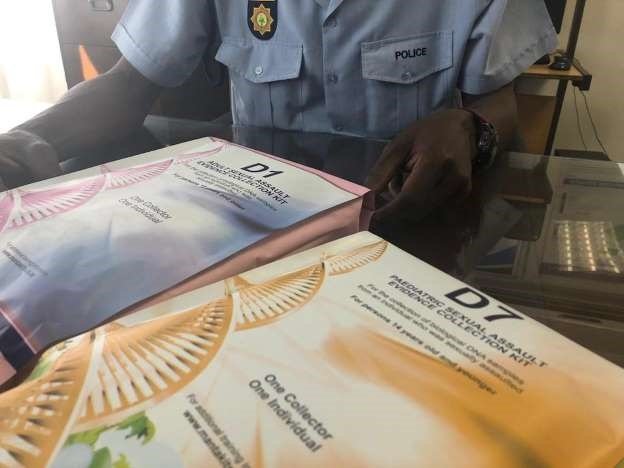By MILANDA COETZER
There is a perception that when you are a victim of crime – any crime – you need to go to the police station to get help. This is not true: the police must come to you. They must help you, the victim of crime.
Victims’ rights are clearly defined in the Victim’s Charter. All government departments, community organisations and NGOs are required to assist victims of crime.
So why is it so difficult for victims to feel empowered to report a crime – especially a sexual crime?
Thanks to social media, everyone has an opinion about everything – and those opinions aren’t always right. A victim will tell their story to a confidante – who will often advise against making a formal complaint. “Oh, what can the police do?” or “But are you not scared you are going to be victimised further?”
These may be valid considerations, but even the most well-meaning forget that each victim has their own CHOICE in the matter. More critical than advising whether or not to report an offence is ensuring a victim is informed of their rights, what to expect from the system and all the choices they can make. The information should be tailored to ensure they receive the best possible care and support.
What resources are available in Makhanda?
In Makhanda, the community is served by two police stations. One is in Beaufort Street and the other in Sani Street, Extension 6, Joza.
Both Grahamstown and Joza police stations comply with the requirements of the Victim Charter.
Each has a Victim Friendly Room (VFR) designed to ensure that any victim of a sexual offence or domestic violence can be seen in a private space by a person trained to interview and assist them. This private space is essential for taking care of the victim and ensuring their needs are met.
The Makana Rape Survivor’s Support Group (RSSG) is funded by the Department of Social Development, which pays stipends to the volunteers, usually women. They support victims once the trained SAPS member has taken their statements. They are the ones who will go with you to the hospital for the very important medical forensic examination. They will also stay with you until the end of the examination and make sure you get home safely. Because they are volunteers linked to SAPS, the police will ensure safe transport home.
And after that?
The police have taken your statement, registered a case docket on your behalf, ensured a medical examination has taken place and arranged for support. They have also referred you for further counselling if needed.
But then what? You will be given a case reference number, and the investigating officer in your case will contact you. These men and women are seconded to the Family and Child Services (FCS) units and work hand-in-hand with the National Prosecution Authority(NPA).
If you know who the perpetrator was, they will be arrested and detained, and you may be required to attend an identity parade. This ensures there is no possibility of the wrong person being charged for a crime they didn’t commit.
Once the perpetrator has appeared in court, the prosecutor and investigating officer will continue to liaise with you until the case is finalised. This includes keeping you informed of the progress of the case in court and preparing you to be a witness in court.
And if you do not know the offender?
Forensic evidence will be registered on a national forensic database. If the perpetrator is arrested for another offence, this can be used to trace them and link them to your case.
Can it happen that your case, although you have identified a suspect, may not be heard in court?
Yes. But how? Evidence in a criminal case is tested to be beyond a reasonable doubt. In some instances, this can be unclear, even with all the evidence gathered. If that is the case, the NPA may make the decision not to prosecute.
But this is horrible.
Yes, for a victim, it can certainly feel that the system has let them down. And this is never an easy decision to make or accept. Ultimately, in a democratic and free country with a tried and mostly trusted justice system, we may have to believe that justice will triumph for all.
Should this stop you from reporting a sexual offence when it happens to you?
Certainly not. The adage that the wheels of justice turn slowly is also true. You may be the first person to speak out, but you may not be the perpetrator’s first victim. It is only by selflessly exposing yourself to a sometimes harsh system that other victims, some without the ability to step up or speak out, can be saved.


